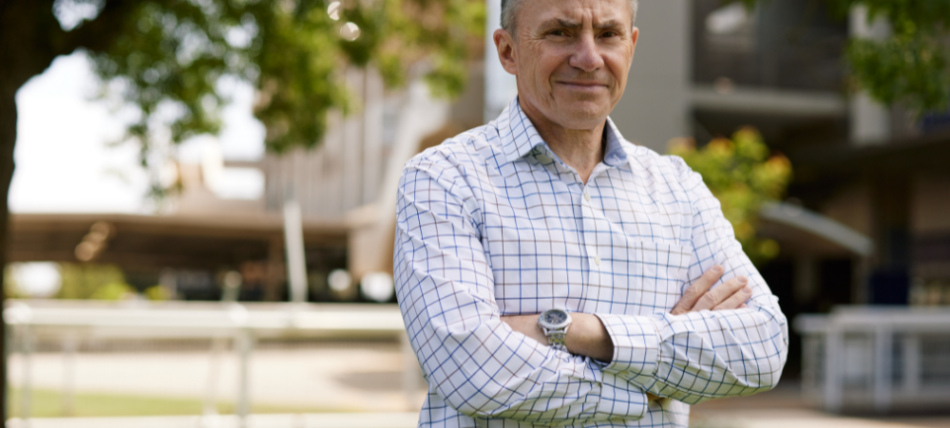Meet Dr Bill Geyer

Rural general practice incorporates the best features of all medical specialties.
I’ve spent my career as a rural procedural GP, including obstetrics and anaesthetics, working in country locations across the Northern Territory and New South Wales and in Tanunda for the past 25 years.
I provide continuity of care, from cradle to grave, in consulting rooms and hospital settings, as well as administering anaesthetics and delivering babies.
We’ve trained registrars at Tanunda Medical Clinic for many years now.
The apprenticeship model that exists in South Australia is a really important strength of GP training. Registrars have lots of one-to-one interaction with experienced practitioners, and consult alongside us. It’s very powerful.
GP training is a two-way process and as a clinic we get a lot out of it.
Quite apart from workforce and succession planning, it’s very rewarding to be able to mentor young doctors. It’s not just about me teaching the registrar, it’s about the registrar teaching me, keeping me honest, making me think about what I’m doing and explaining my thought process. In doing so I hope that improves their own skills as clinicians.
As a Supervisor Liaison Officer (SLO) I’m the conduit between GP supervisors and the management team at GPEx.
GPEx punches well above its weight in its efforts to ensure that GP training in South Australia stands up to research scrutiny and delivers excellent
education results.
In 2019 I was given the opportunity to attend the General Practice Training and Education Conference (GPTEC) in Melbourne and was impressed with the large number of presentations given by GPEx staff.
It is well recognised that the number of applications nationally for GP training is declining. GPEx has made a real effort to understand the needs of South Australia’s rural GP sector and how to assign registrars in an equitable fashion.
They are ever so mindful of communities that may be struggling and the need to provide registrar support while managing burnout.